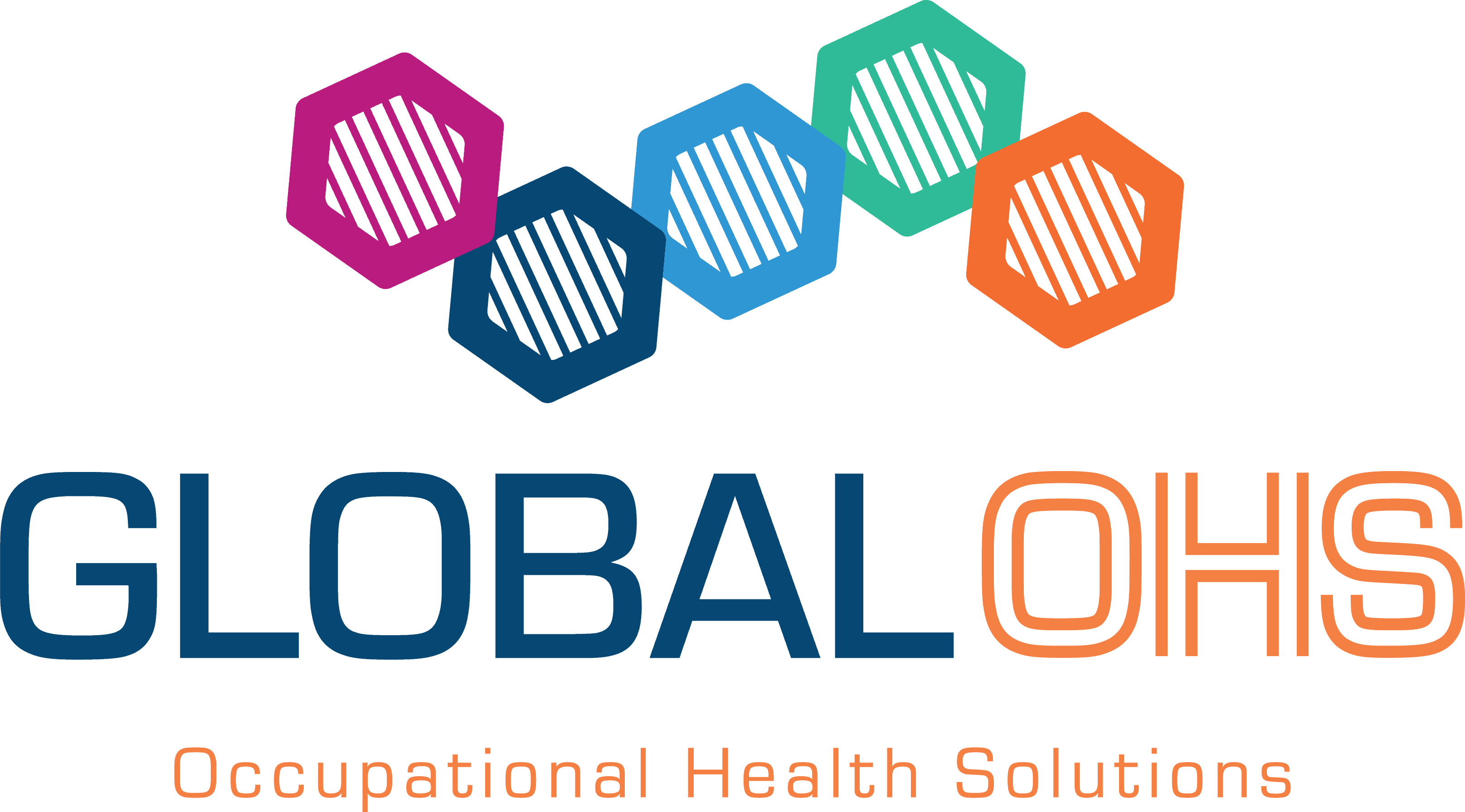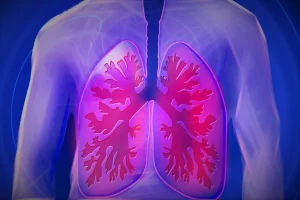Alcohol awareness is of paramount importance in promoting responsible drinking habits and preventing the negative consequences associated with excessive alcohol consumption [1].
Awareness helps us understand the potential risks and harm caused by heavy drinking, both to our physical and mental health [2]. Regular and excessive alcohol intake can lead to a myriad of health issues, including liver disease, cardiovascular problems, increased cancer risk, and mental health problems, such as low mood and anxiety [3). By raising awareness of these risks, individuals can make informed decisions regarding their alcohol consumption and take steps to prioritise their well-being.
Why people drink alcohol can be complex and multifaceted. People’s motivations for drinking can vary greatly depending on individual factors, cultural influences, social contexts, and personal circumstances (4) Understanding why people drink, both socially and as a coping mechanism, is a vital aspect of alcohol awareness. Socially, alcohol is often intertwined with celebrations, social gatherings, and cultural traditions [5]. It can be relaxing, fun and help you bond with others. However, it is essential to be mindful of alcohol’s effects and to practice moderation in these social settings.
Often people turn to alcohol and other substances as a coping mechanism for dealing with stress, emotional challenges, or mental health issues [6]. Alcohol can have significant effects on both conscious and subconscious mental health (7). It impairs judgment, intensifies emotions, and can lead to anxiety and memory problems. Disruptions in sleep patterns, increased risk of mental health disorders, and lowered inhibitions further contribute to the impact on subconscious mental processes (8). It is important to be mindful of the potential negative consequences of alcohol on mental health and seek support if needed.
Therefore, it is crucial to recognise that relying on alcohol as a means of escape or self-medication can lead to a harmful cycle of dependence and exacerbate underlying problems [8]. Encouraging alternative coping strategies, such as seeking professional help, engaging in healthy activities, or connecting with support networks, is an important part of alcohol awareness.
By fostering a deeper understanding of why people drink, both socially and as a coping mechanism, alcohol awareness promotes responsible decision-making and encourages individuals to find healthier ways to cope with life’s challenges [9]. It helps individuals recognise when alcohol consumption may be problematic and seek appropriate support and resources when needed [9]. Ultimately, by addressing the underlying reasons for drinking, we can create a culture that promotes well-being, balance, and responsible alcohol consumption.
Signposting & Resources
UK resources and charities that provide support for individuals struggling with alcohol abuse:
| Name | Website | Information |
| Alcoholics Anonymous (AA): | www.alcoholics-anonymous.org.uk | AA is a fellowship of men and women who share their experiences, strength, and hope to help each other recover from alcohol addiction. They offer support groups and a 12-step recovery program |
| Drinkaware | www.drinkaware.co.uk | Drinkaware provides information, advice, and support to help individuals make informed choices about their drinking habits. They offer resources, tools, and guidance for responsible drinking. |
| Adfam | www.adfam.org.uk | Adfam provides support and information for families affected by alcohol or drug addiction. They offer resources, helplines, and local support groups for families dealing with alcohol-related issues. |
| Alcohol Change UK | www.alcoholchange.org.uk | Alcohol Change UK is a national charity that aims to reduce the harm caused by alcohol. They provide information, resources, campaigns, and support services for individuals affected by alcohol-related issues. |
| National Association for Children of Alcoholics (Nacoa) | www.nacoa.org.uk | Nacoa offers support to children and adults who have been affected by parental alcohol problems. They provide helplines, online resources, and local support groups for individuals seeking help and understanding. |
| SMART Recovery UK | www.smartrecovery.org.uk | SMART Recovery UK is a science-based recovery program that offers support for individuals struggling with addictive behaviours, including alcohol addiction. They provide online and face-to-face meetings and resources for recovery. |
| We Are With You (formerly Addiction) | www.wearewithyou.org.uk | We Are With You is a charity that offers a wide range of support and treatment services for individuals affected by alcohol and drug addiction. They provide confidential advice, counselling, and treatment options. |
References:
[1] National Institute on Alcohol Abuse and Alcoholism. (2019). Alcohol Facts and Statistics. Retrieved from https://www.niaaa.nih.gov/publications/brochures-and-fact-sheets/alcohol-facts-and-statistics
[2] World Health Organisation. (2018). Global Status Report on Alcohol and Health 2018. Retrieved from https://www.who.int/publications/i/item/9789241565639
[3] Public Health England. (2016). The Public Health Burden of Alcohol and the Effectiveness and Cost-Effectiveness of Alcohol Control Policies: An Evidence Review. Retrieved from https://assets.publishing.service.gov.uk/government/uploads/system/uploads/attachment_data/file/583047/alcohol_public_health_burden_evidence_review.pdf
(4) Pompili, M., Serafini, G., Innamorati, M., Dominici, G., Ferracuti, S., Kotzalidis, G. D., & Girardi, P. (2010). Suicidal behavior and alcohol abuse. International Journal of Environmental Research and Public Health, 7(4), 1392-1431. doi: 10.3390/ijerph7041392
[5] Hughes, K., et al. (2016). Drinking Motives and Risk Behaviours Among Music Festival Attendees. Drug and Alcohol Dependence, 167, 100-105. doi: 10.1016/j.drugalcdep.2016.07.014
[6] Schuckit, M. A. (2009). Alcohol Use Disorders. The Lancet, 373(9662), 492-501. doi: 10.1016/S0140-6736(09)60009-X
(7) Boden, J. M., & Fergusson, D. M. (2011). Alcohol and depression. Addiction, 106(5), 906-914. doi: 10.1111/j.1360-0443.2010.03351.x
(8) Keyes, K. M., Hatzenbuehler, M. L., McLaughlin, K. A., Link, B., Olfson, M., Grant, B. F., & Hasin, D. S. (2010). Stigma and treatment for alcohol disorders in the United States. American Journal of Epidemiology, 172(12), 1364-1372. doi: 10.1093/aje/kwq304
(9) Grant, B. F., Goldstein, R. B., Saha, T. D., Chou, S. P., Jung, J., Zhang, H., & Hasin, D. S. (2015). Epidemiology of DSM-5 alcohol use disorder: Results from the National Epidemiologic Survey on Alcohol and Related Conditions III. JAMA Psychiatry, 72(8), 757-766. doi: 10.1001/jamapsychiatry.2015.0584
Author : Karin Fletcher







